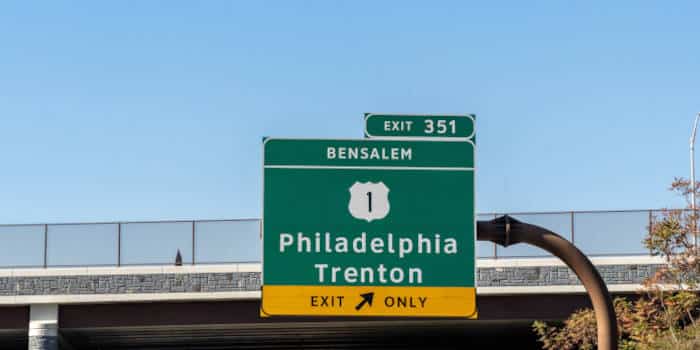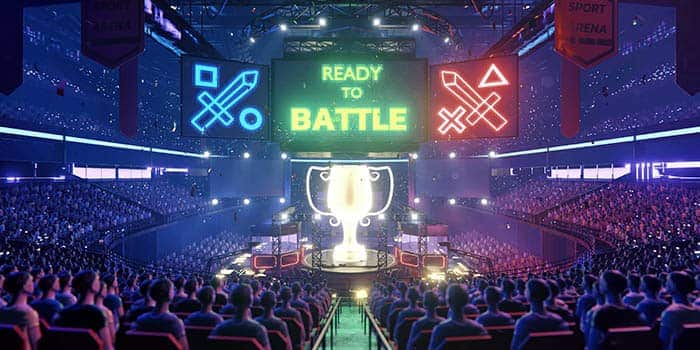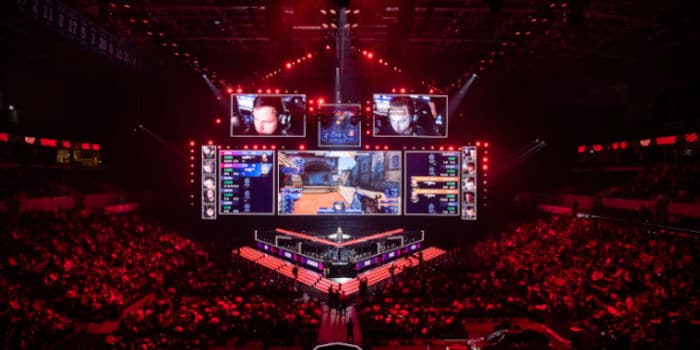- Casino
- By State
- Alabama
- Alaska
- Arizona
- Arkansas
- California
- Colorado
- Connecticut
- Delaware
- Georgia
- Florida
- Hawaii
- Idaho
- Illinois
- Indiana
- Iowa
- Kansas
- Kentucky
- Louisiana
- Maine
- Massachusetts
- Maryland
- Michigan
- Minnesota
- Mississippi
- Missouri
- Montana
- Nebraska
- Nevada
- New Hampshire
- New Jersey
- New Mexico
- New York
- North Carolina
- North Dakota
- Ohio
- Oklahoma
- Oregon
- Pennsylvania
- Rhode Island
- South Carolina
- South Dakota
- Tennessee
- Texas
- Utah
- Vermont
- Virginia
- Washington
- West Virginia
- Wisconsin
- Wyoming
- By State
- Slots
- Poker
- Sports
- Esports
Why Facebook’s Esports Streaming Hopes Were Dashed

Facebook’s attempts to establish itself as a viable alternative to other streaming giants have been largely met with unsuccess. The reason? The esports & gaming community don’t stand for empty promises.
Facebook’s Unfulfilled Esports Ambitions
In November 2016, Facebook announced plans to enter a new and exciting market – esports streaming.
Looking to bank on the booming development of streaming platforms and the interest in watching competitive video gaming, Facebook thought that it can get in on the action.
The company started by successfully securing a deal with Activision/ Blizzard to broadcast live esports on the platform. It was a good beginning, but there was little to suggest that Facebook had their heart in it.
The streaming opportunities remained confusing and technologically skimpy.
Later in 2017, the company signed a partnership with the Electronic Sports League (ESL), hoping to tap into the overwhelming potential of the company and drive the followers towards a sort of a new gaming Mecca.
No News from Nowhere
Not surprisingly gamers snubbed the offer to the point they decided to rather give an event a pass than tune in to watch grainy coverage in a somewhat throttling streaming environment, for Facebook’s streams were painfully slow.
Apart from the faux pas that preceded every move into the esports realm, there seemed to be little tech-savvy in elaborating a gamer-friendly environment. Facebook stuck with its conventional design, throwing in the extra ad in the mix.
Hardly a better way to irate an intelligent crowd.
Recently, MLG Co-founder Mike Sepso spoke to a podcast host, arguing that mainstream brands can very well be part of the esports ecosystem, but they must be upfront about why they are there, i.e. selling people their products.
2018 Renews the Hopes
At the turn of 2018, ESL agreed to make Facebook the new broadcasting platform for CS:GO. The results were pretty evident, from users shaking a finger to viewer numbers going in a tailspin.

A topic discussing the announced changes. Source: r/GlobalOffensive.
According to a report published by Streamlabs, Facebook did improve its overall offer a little in 2018, but this could be mainly because to the Southeast Asia (SEA) where Facebook is the de facto main streaming platform, especially in places such as Malaysia and the Philippines.
But back to reality, the EPL viewership came down crumbling, with the total number just scratching 24,000 viewers, Esports Charts reported. In comparison, Season Six peaked at 80,000, although in fairness that was still a shadow of Season Four’s 210,000 + peak viewers.
So, in fairness, there have been downward trends, but nothing had quite exacerbated them as Facebook.
Can We Pull Facebook Gaming Back from the Brink?
Meanwhile, Facebook is beleaguered by a slew of problems that range from overlooking basic tech specs to spying on users, to collating data without authorization and then passing it on to the highest bidder .
Remember how most websites do their own Terms & Conditions to avoid getting into hot water with authorities. Well, Facebook has the veneer of a consumer-focused product, but it’s in gaming where it becomes painfully obvious that the focus may have been something entirely different after all.
Related Topics:
With 5+ years of experience as an analyst, Julie—affectionately known as 'Jewels' in the office—has quickly become our go-to expert in the forex and cryptocurrency space. Her keen attention to detail and deep understanding of the industry make her an invaluable asset. Julie's expertise and enthusiasm have made her the top choice to co-pilot educational initiatives alongside Mike, bringing knowledge to the masses.
More Articles




